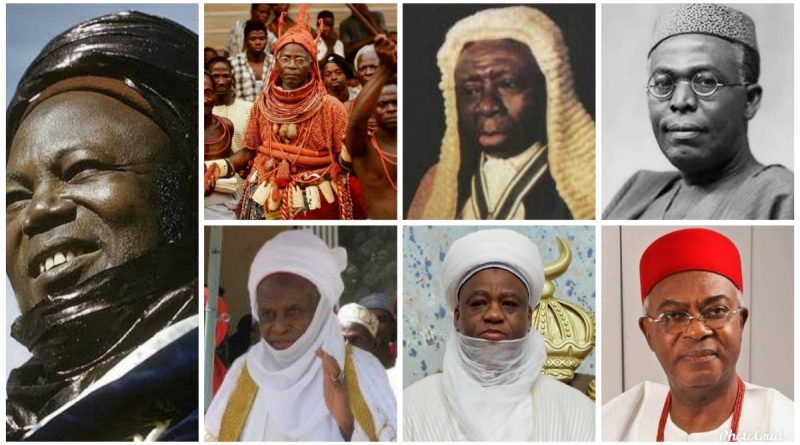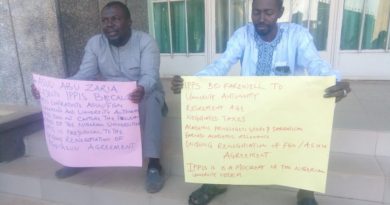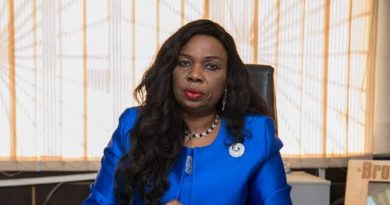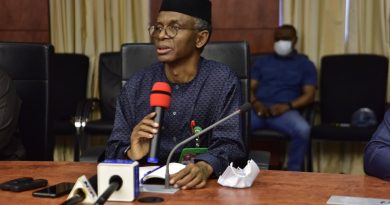Meet the 7 Chancellors of ABU Zaria from 1962 – date
This is a brief profile of each of the seven Chancellors of Ahmadu Bello University (ABU) Zaria from inception on 4th October 1962 to date. The Chancellor is a ceremonial title and non-resident head of the university.
#1. 1962 -1966: Sir, Ahmadu Bello, (KBE), (GCON), Sardauna of Sokoto, Premier of Northern Nigeria.
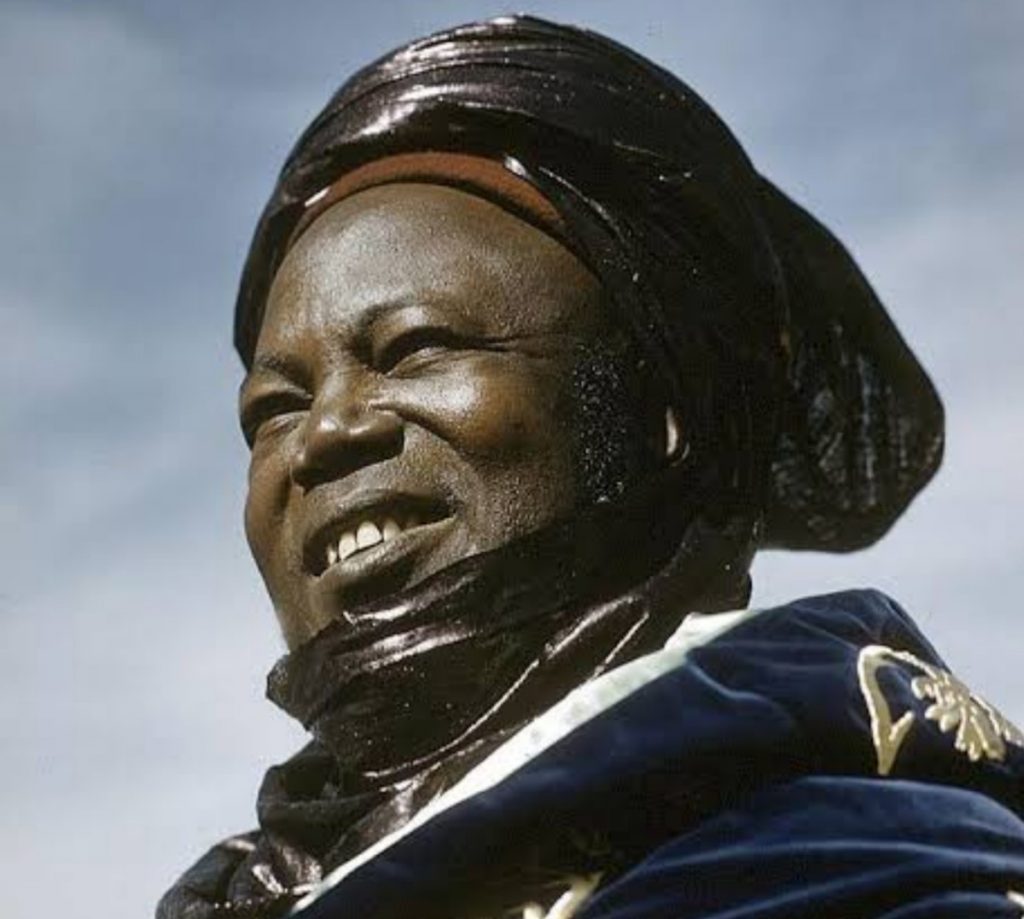
Sir Ahmadu Ibrahim Bello, Sardauna of Sokoto (12 June 1910 – 15 January 1966), knighted as Sir Ahmadu Bello, was a Nigerian statesman who masterminded Northern Nigeria through the independence of Nigeria in 1960 and served as its first and only premier from 1954 until his assassination in 1966, in which capacity he dominated national affairs for over a decade.
He was also the leader of the Northern Peoples Congress, the ruling party at the time. He had previously been elected into the regional legislature and later became a government minister. A member of the Sokoto Caliphate dynasty, he made attempts at becoming the Sultan of Sokoto before later joining politics.
On 15 January 1966, Sir Ahmadu Bello was assassinated by Major Chukwuma Kaduna Nzeogwu in a coup that toppled Nigeria’s post-independence government. He was still serving as premier of Northern Nigeria at the time.
This was the first coup in the history of Nigeria, which heralded the rise of the military in the country’s politics. Also assassinated in the coup was his long time friend Alhaji Sir Abubakar Tafawa Balewa alongside many political elites in the north and in the west.
Sardauna’s greatest legacy was the modernization and unification of the diverse people of Northern Nigeria. He founded the Ahmadu Bello University in Zaria which is named after him and served as its first chancellor.
#2. 1966–1972: Oba, Akenzua II, the Oba of Benin
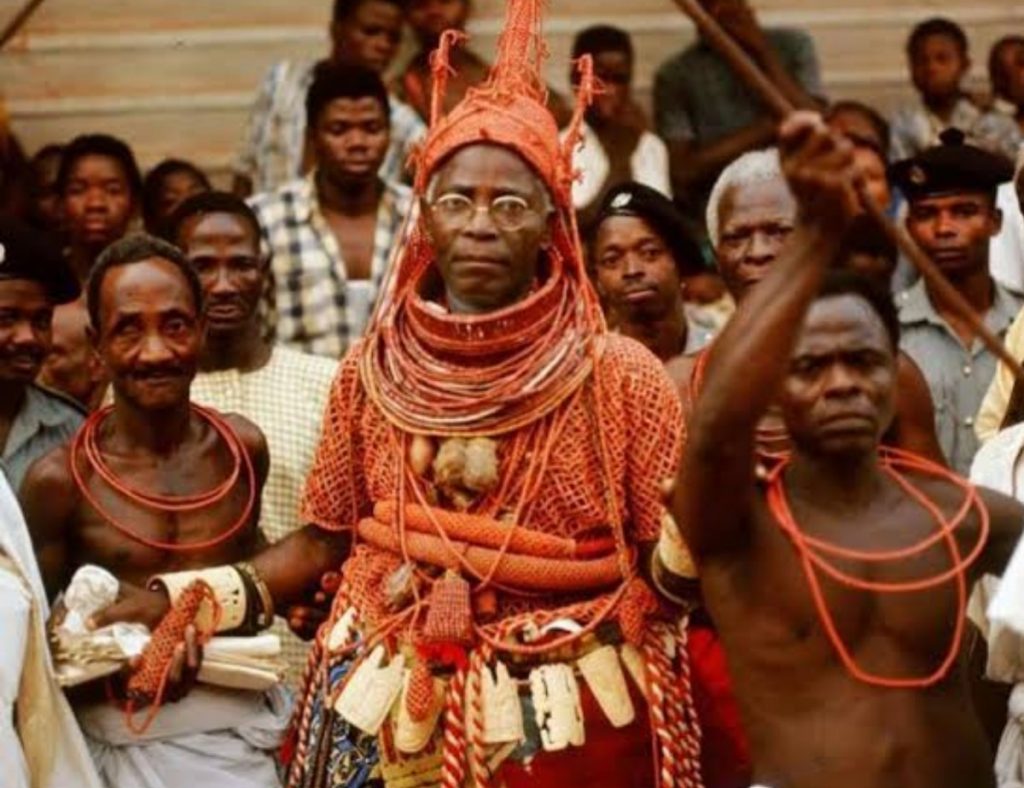
Omo n’Oba n’Edo Uku Akpolokpolo, Akenzua II (January 7, 1899 – June 11, 1978) was the Oba of Benin (traditional leader of the Edo people, in Nigeria) from 1933 until he died in 1978.
Akenzua II was enthroned as Oba of Benin in April 1933 following the death of his father, Eweka II (r.1914 – 1933) in February that year. Oba Akenzua II was dedicated to the provision of western education for his subjects, the Edo people.
In 1936, he began the movement to return to Nigeria the Benin Bronzes looted from the royal compounds and ancestral altars in the punitive Benin Expedition of 1897. During his reign, only two of the 3,000 royal court bronzes were returned.
However, two coral crowns and coral bead garment, thought to have belonged to Ovonramwen, were returned to him in the late 1930s by G.M. Miller a son of a member of the Benin expedition, who had loaned the pieces to the British Museum in 1935.
Oba Akenzua II died on June 11, 1978, when he was succeeded by his son, then Prince Solomon, who took on the title of Oba Erediauwa and duties as the traditional leader of the Edo people in Benin City, Nigeria.
#3. 1972–1975: Sir, Egbert Udo Udoma (KJW), Former, Chief Justice of Uganda, and justice of the Nigerian Supreme Court.
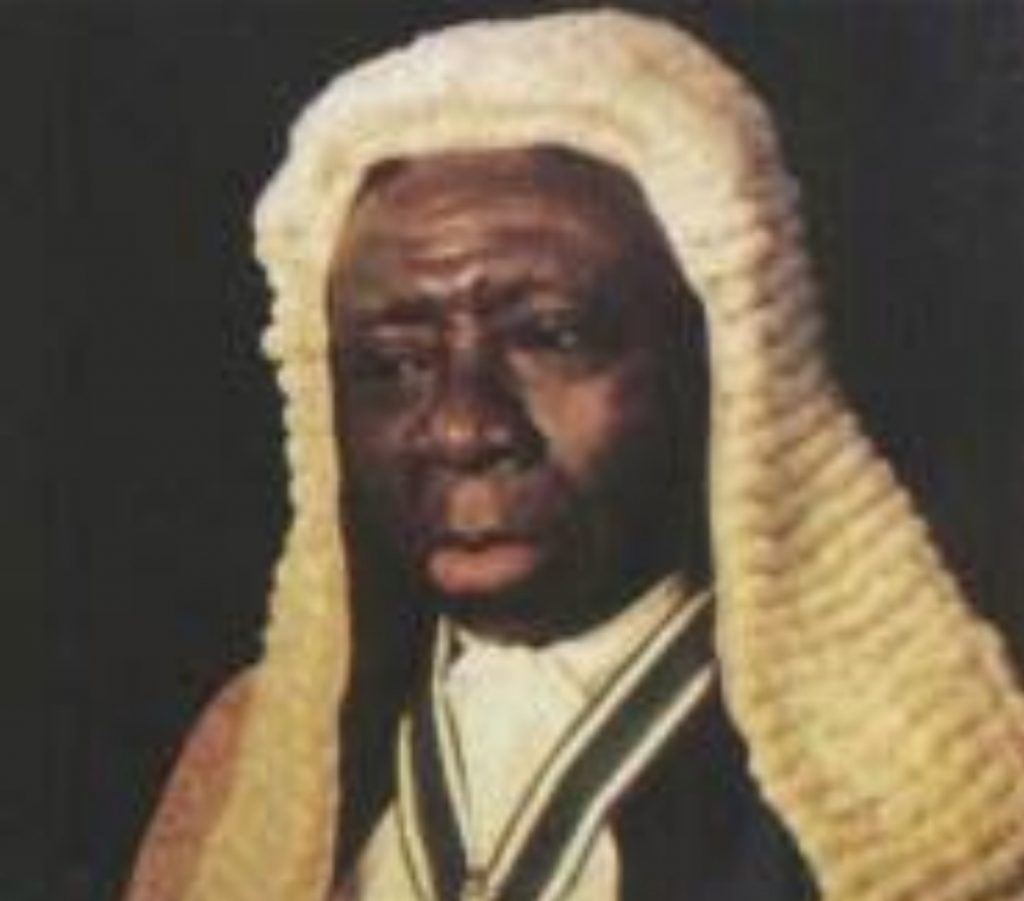
Sir Egbert Udo Udoma (21 June 1917 – 2 February 1998) was a lawyer and justice of the Nigerian Supreme Court. He was Chief Justice of Uganda from 1963 to 1969. He spent 13 years as a judge on the Supreme Court of Nigeria and was chairman of the Constituent Assembly from 1977 to 1978.
He was one of the founding fathers of Nigeria. Udoma was one of the first black Africans to earn a PhD in Law in 1944 from Oxford University. He was knighted by Queen Elizabeth of England and was a devoted Methodist and a holder of Knight of John Wesley (KJW)
He was a knight of the British Empire and also belonged to the group that championed Nigerian independence from Britain and was one of the founding fathers of Nigeria. He died at the age of 80 on 2 February 1998.
In 2008 the Estate of Sir Udo Udoma released The Eagle In Its Flight: Being The Memoir of the Hon. Sir Udo Udoma, CFR (Grace & Son). His third son Udoma Udo Udoma was a distinguished Senator of the fourth republic of the Federal Republic of Nigeria and also served as the Minister of Budget and Planning under the Buhari administration.
#4. 1975–1979: Chief, Obafemi Awolowo, (CFR), Premier of Western Nigeria.
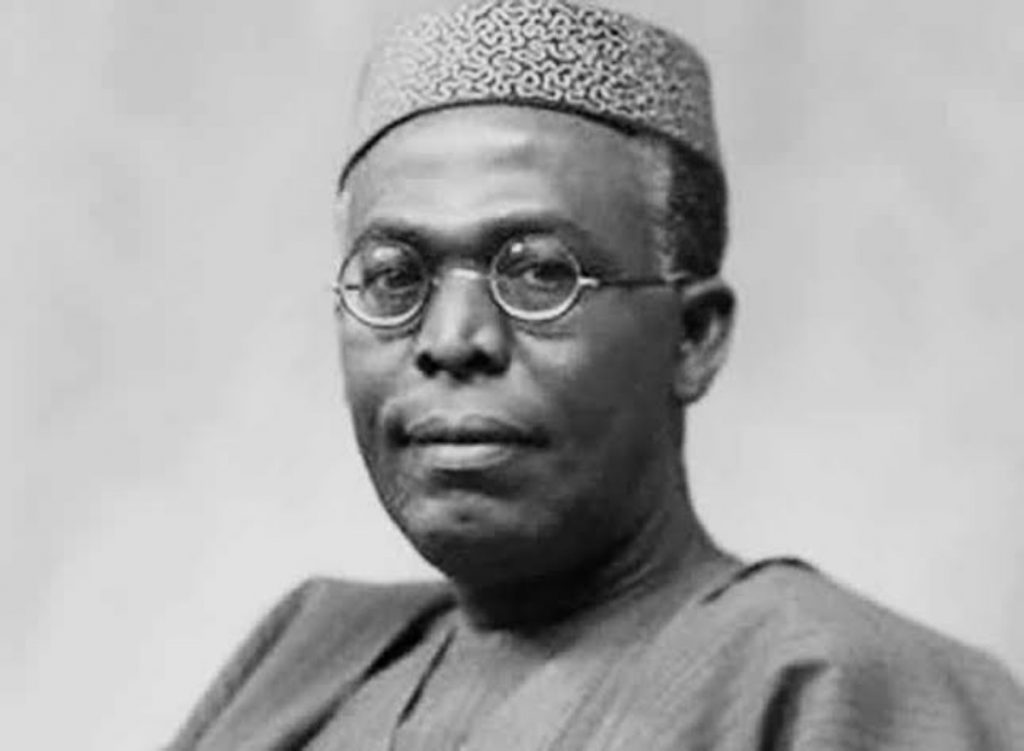
Chief Obafemi Jeremiah Oyeniyi Awolowo, GCFR (Yoruba: Ọbafẹ́mi Oyèníyì Awólọ́wọ̀; 6 March 1909 – 9 May 1987), was a Nigerian nationalist and statesman who played a key role in Nigeria’s independence movement, the First and Second Republics and the Civil War. The son of a Yoruba farmer, he was one of the truly self-made men among his contemporaries in Nigeria.
As a young man, he was an active journalist, editing publications such as the Nigerian worker, on top of others as well. After receiving his bachelor of commerce degree in Nigeria, he traveled to London to pursue his degree in law.
Obafemi Awolowo was the first premier of the Western Region and later federal commissioner for finance, and vice chairman of the Federal Executive Council during the Nigerian Civil War. He was thrice a major contender for his country’s highest office.
Chief Awolowo was responsible for much of the progressive social legislation that has made Nigeria a modern nation. Awolowo was the first Leader of Government Business and Minister of Local Government and Finance, and first Premier of the Western Region under Nigeria’s parliamentary system, from 1952 to 1959.
He was the official Leader of the Opposition in the federal parliament to the Balewa government from 1959 to 1963. In 1963 he was imprisoned under the accusations of sedition and was not pardoned by the government until 1966, after which he assumed the role of Minister of Finance.
In recognition of all of this, Awolowo was the first individual in the modern era to be named as the leader of the Yorubas (Yoruba: Asiwaju Awon Yoruba, or Asiwaju Omo Oodua).
His most important bequests (styled Awoism) are his exemplary integrity, his welfarism, his contributions to hastening the process of decolonization and his consistent and reasoned advocacy of federalism-based on ethnolinguistic self-determination and uniting politically strong states-as the best basis for Nigerian unity.
Awolowo died peacefully at his Ikenne home, the Efunyela Hall (so named after his mother), on 9 May 1987, at the age of 78 and was laid to rest in Ikenne, amid tributes across political and ethno-religious divides.
#5. 1979–2010: Lamido Aliyu Musdapha, (CFR), Lamido of Adamawa.
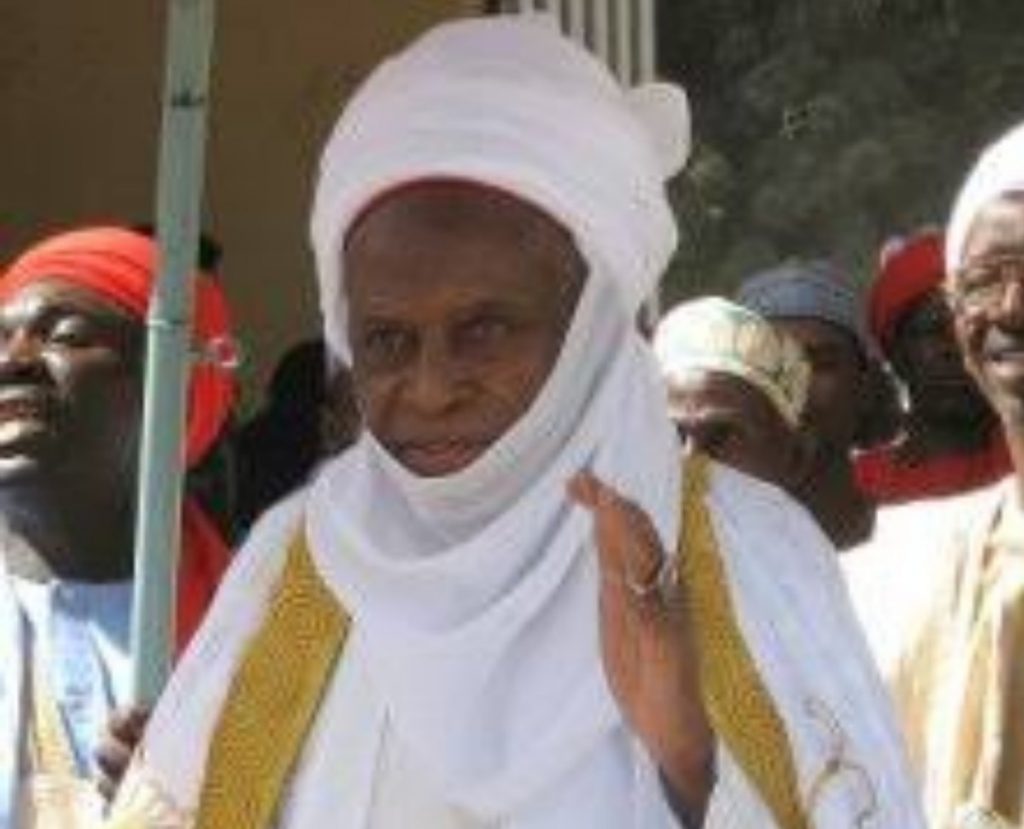
Lamido Aliyu Musdapha Born in 1922, was turbaned as the 11th Lamido of Adamawa on 26th July 1953; he received the staff of office from Governor Sir Bryan Sherwood – Smith of the British colonial administration.
Dr. Aliyu Musdafa a direct decedent of Modibbo Adama, and a product of Othman Danfodio Islamic jihad, was a spiritual and Islamic leader by nature and father of all by socialization, from the ordinary man on the street to the elites, he was referred to as BABA, (father).
During the five decades reign, he steered Adamawa emirate from its rural set-up to a pinnacle of modernization, he extended his hands beyond the border of Islam and maintained a balance between Muslims and Christians in his domain.
Lamido Aliyu Musdafa died in 2010 while still serving as chancellor of Ahmadu Bello University. The death of the Iconic 11th Lamido of Adamawa marks the end of the spectacular story of a frontline monarch who, at his demise, was reputed to be a statesman and the longest-reigning traditional ruler in the country.
#6. 2010–2015: Sa’ad Abubakar, (CFR), (mni), the Sultan of Sokoto.
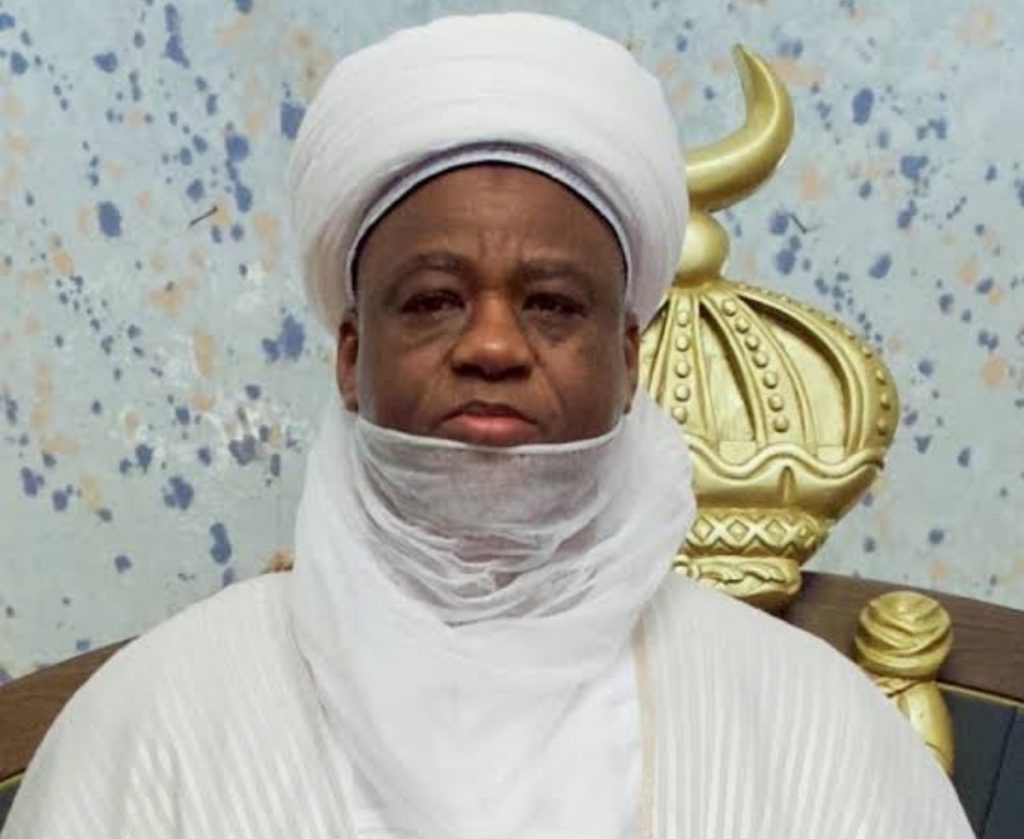
Muhammadu Sa’ad Abubakar IV (born August 24, 1956) is the 20th Sultan of Sokoto and the spiritual leader of Nigeria’s Muslims. He is the fifth heir to the two-century-old throne founded by his ancestor, Sheikh Usman Dan Fodio (1754–1817).
Sultan Abubakar was the youngest son of the 17th Sultan, Siddiq Abubakar III, who held the Sultanate for over fifty years. He attended the prestigious Barewa College in Zaria and proceeded to the Nigerian Defence Academy in 1975 where he was a member of the 18th Regular Course.
He was commissioned as a Second Lieutenant in 1977 and served in the elite Armoured Corps. He headed a presidential security unit of the Armoured Corps that guarded then military ruler General Ibrahim Babangida in the late 1980s.
Abubakar also commanded a battalion of African peacekeepers in Chad during these early 1980s as part of the Organisation of African Unity’s force and was a military liaison officer for the Economic Community of West African States (ECOWAS) in the mid-1990s.
He was appointed Commanding Officer 241 Recce Battalion, Kaduna in 1993. From 1995 to 1999, he was an ECOWAS military liaison officer and commanding officer, 231 Tank Battalion (ECOMOG Operations) in Sierra Leone from 1999 to 2000. From 2003 to 2006, he served as Defence Attaché to Pakistan (also accredited for Iraq, Saudi Arabia, and Afghanistan).
On 2 November 2006, Abubakar ascended the throne following the death of his brother, Muhammadu Maccido, who died on ADC Airlines Flight 53.
#7. 2015– Present: Igwe, Nnaemeka A. U. Achebe, (CFR), (mni), the Obi of Onitsha and incumbent chancellor of ABU Zaria.
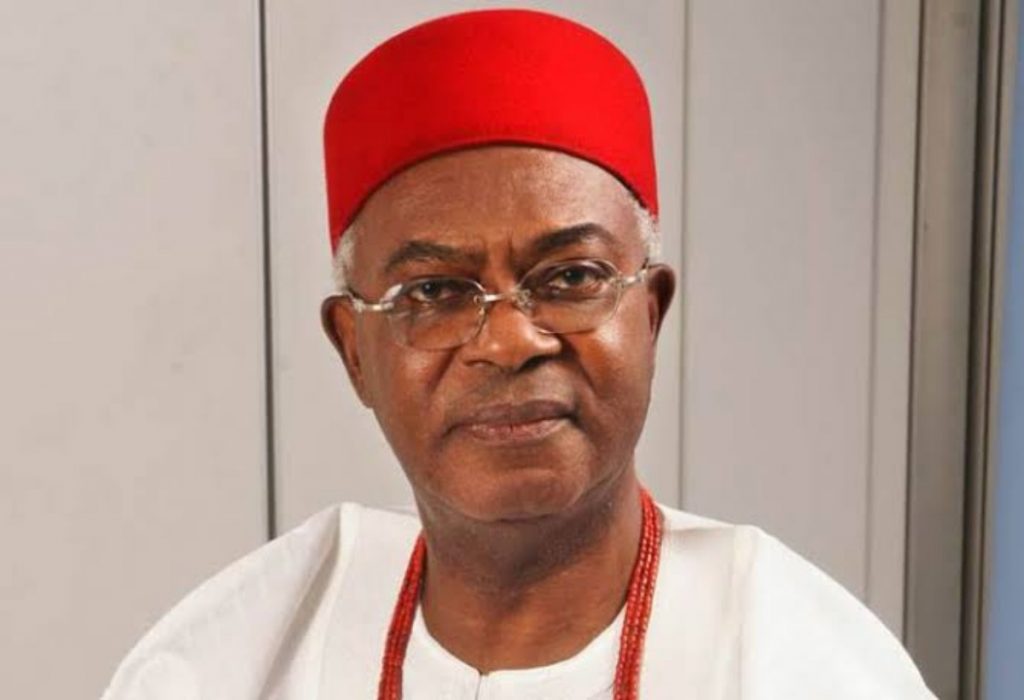
Nnaemeka Alfred Achebe CFR, mni (born 14 May 1941) is a traditional ruler and the 21st Obi of Onitsha, in Anambra State, South-Eastern Nigeria. He is the incumbent Chancellor of Ahmadu Bello University since 2015 and was earlier chancellor of Kogi State University.
Achebe also serves as the chairman of the board of Directors of Unilever Nigeria, and the Chairman of International Breweries (ABInBev) Nigeria. Before emerging as the Obi of Onitsha, in 2002, he had a long and distinguished career in the Royal Dutch Shell Group serving as Director in various companies in the group.
He attended Government Secondary School Owerri. Achebe holds a Bachelor of Science degree in Chemistry from Stanford University in 1966 and a master’s degree in Business Administration from Columbia University. In 1979, he attended the maiden Senior Executive Course of the National Institute for Policy and Strategic Studies in Kuru, near Jos.
After graduation from the university, Achebe worked briefly in the United States before he returned to Nigeria in 1972 after the Nigerian civil war and began work with Shell Petroleum Company. He is currently a trustee, National Traditional Rulers Council, and its state Chairman in Anambra State.
Besides his long tenure as director of Shell Nigeria, Obi Achebe was also, during 1985 – 87, a director of several other Shell companies in the United Kingdom, the Netherlands, Ghana, Nigeria, Sierra Leone, the Gambia, Liberia, and Angola.
Achebe retired from work in 1995 after reaching the retirement age. However, despite his retirement, he remained passively active within the company which saw him posted to Shell International in London, where he served as “ambassador at large” for Shell Nigeria He remained in this position until his emergence as Obi of Onitsha in May 2002.
Obi Achebe has a strong passion for education as a fundamental factor in national development. In his firm belief that lack of funds should not prevent any child from acquiring a good education, he set up early in his reign a manpower development trust fund for his community.
For Advert Placement, Sponsorship, support, Article submission, suggestion, etc, Contact us: info@theabusites.com, +2349015751816 (WhatsApp)

